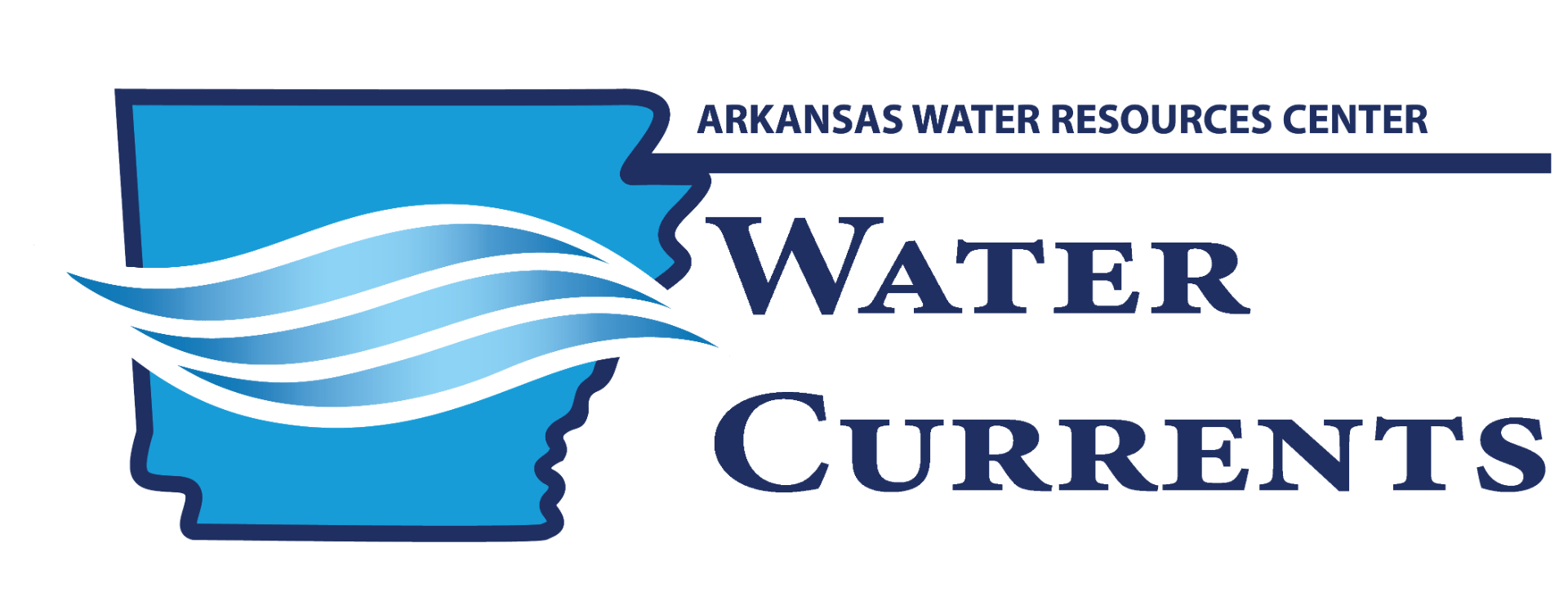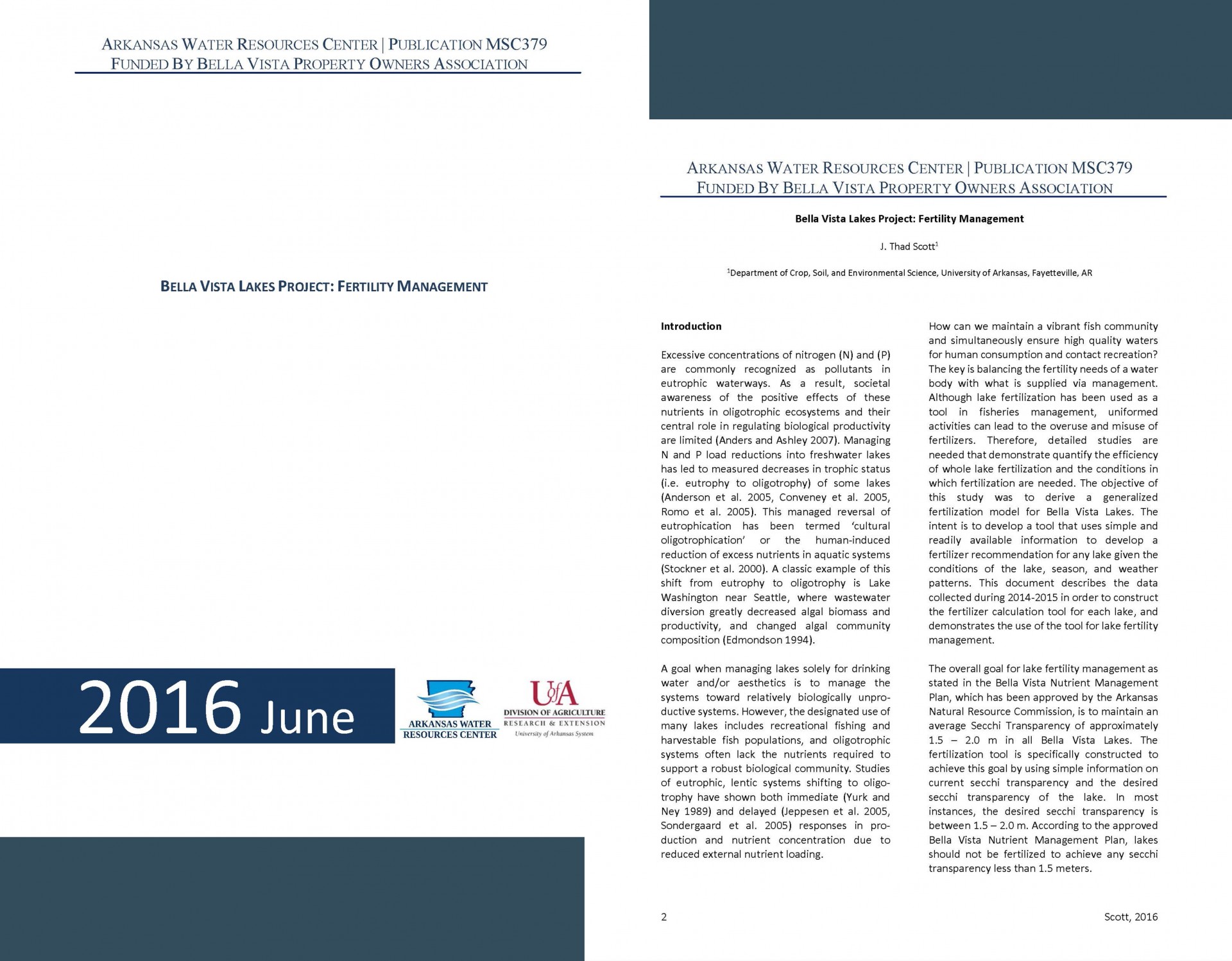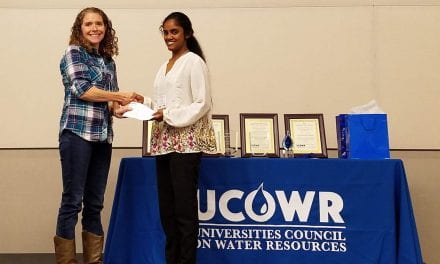
U.S. Geological Survey Discovers Millions of Tons of Lithium Reserves Beneath Arkansas

Recent water testing and machine learning have led to the discovery of lithium reserves beneath southwestern Arkansas. This lithium reserve is in a geological unit known as the Smackover Formation. The U.S. Geological Survey (USGS) led this study in collaboration with the Arkansas Department of Environment’s Office of the State Geologist.
The Smackover Formation is a relic of an ancient sea that left an extensive, porous, and permeable limestone underground. This geologic unit extends across Arkansas, Louisiana, Texas, Alabama, Mississippi, and Florida. It dates to the Jurassic geological period and is known for its rich deposits of oil and bromine.
This study had unique methods of extracting lithium brines. Lithium comes from high-salinity waters associated with deep salt deposits. This valuable commodity comes from what could be considered a waste stream co-produced with oil and gas.
Water samples from Arkansas were analyzed and compared to historical data. A machine learning model was then used to create maps to predict lithium concentrations across the area.
Using these maps and geologic information, the USGS estimated lithium reserves. There are 5 to 19 million tons of lithium in Smackover Formation brines in southern Arkansas. This amount would meet the 2030 world demand for lithium in car batteries nine times over.
Currently, there is a critical demand for lithium at a global level. It is an essential mineral for producing batteries. This industry continues to grow with the transition to electric and hybrid vehicles.
In the U.S., 25% of the lithium used is imported. If the lithium from this study is recoverable, U.S. imports could be significantly reduced. This would be highly beneficial to production.
More information on this study is available from the USGS here.














